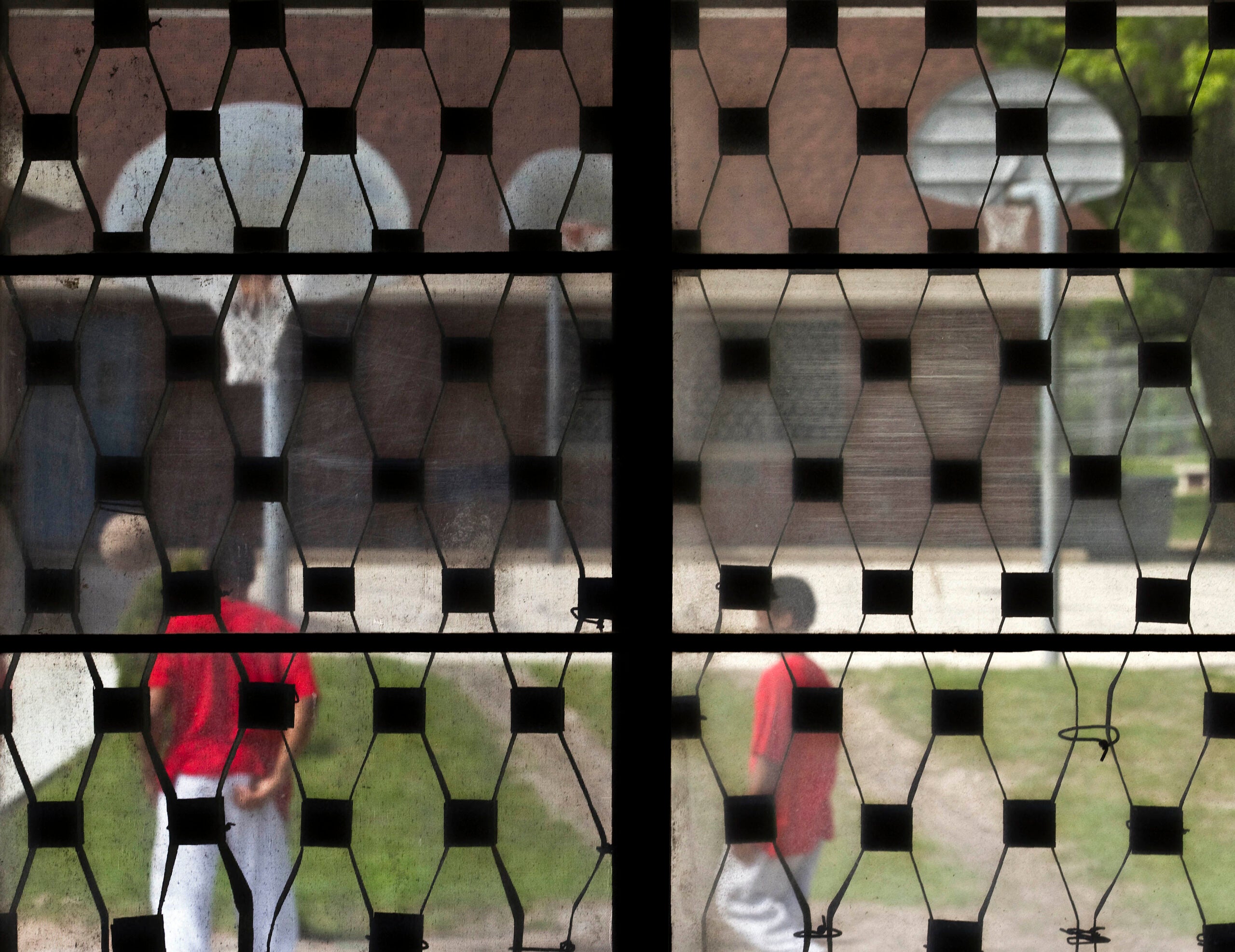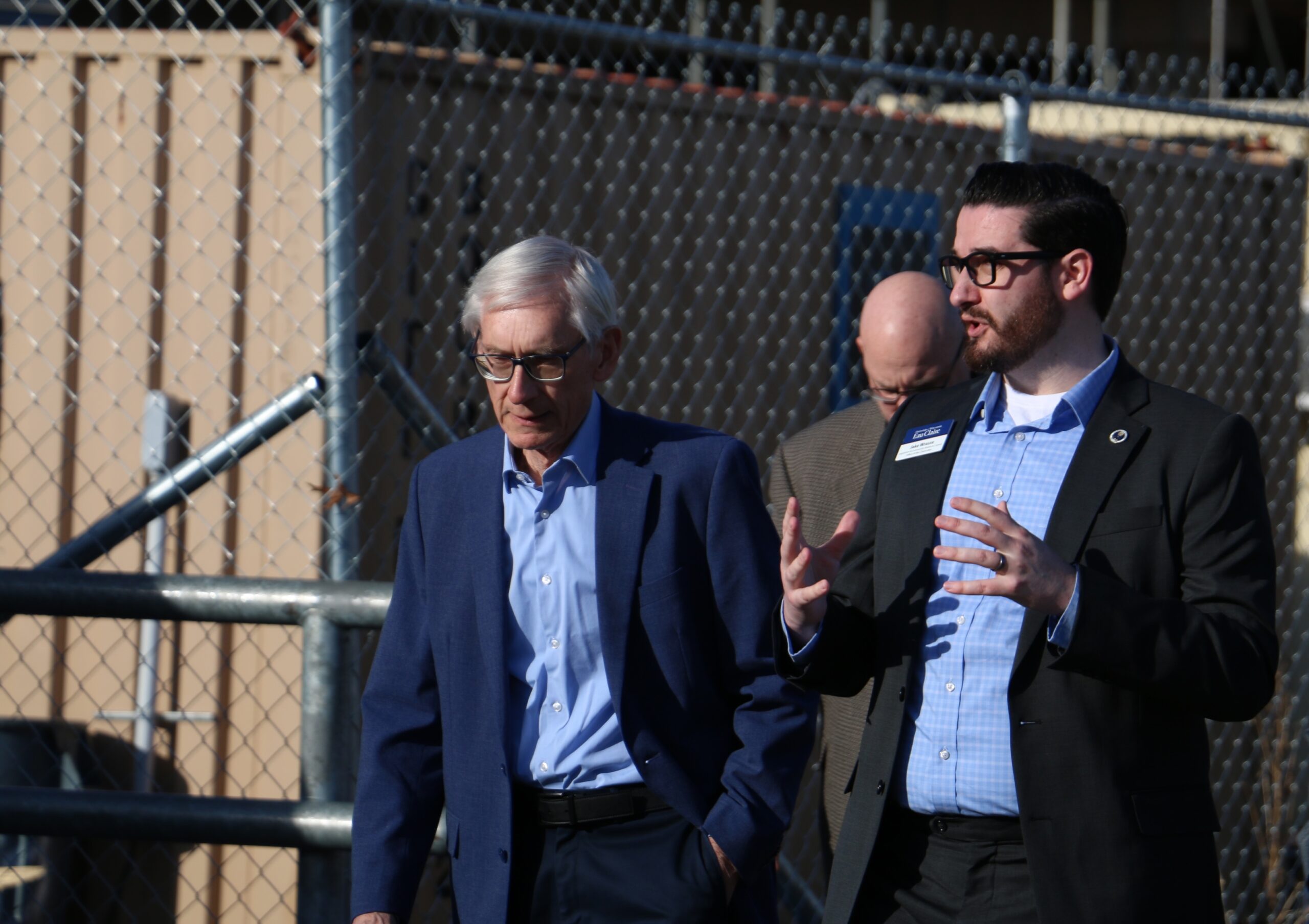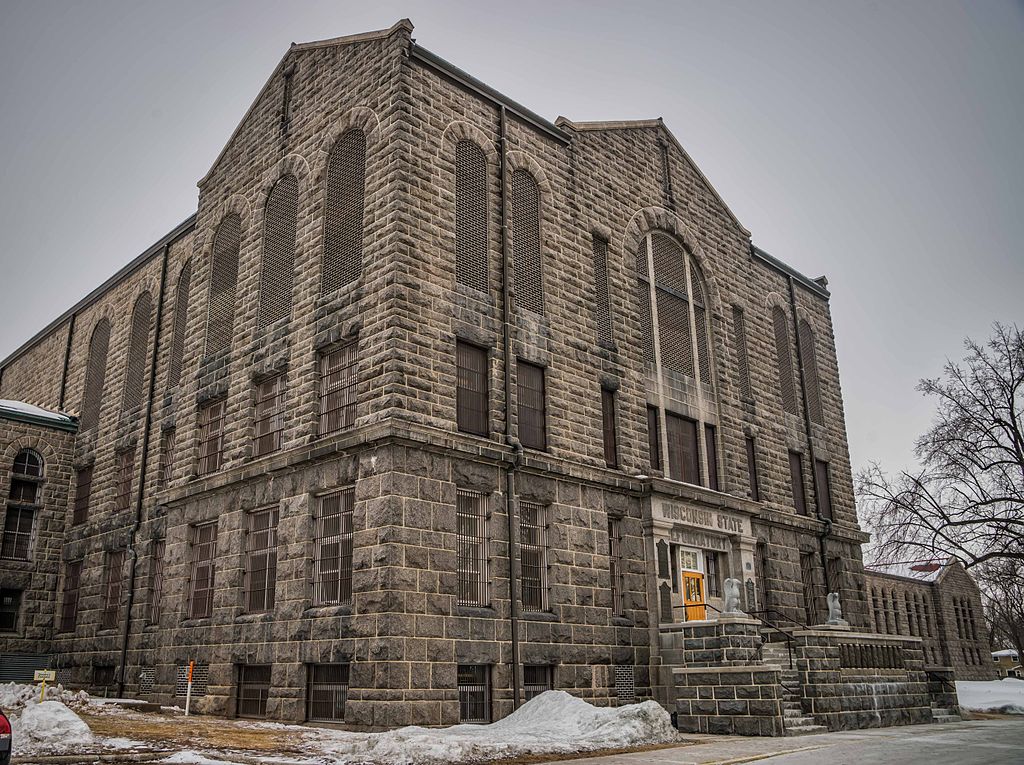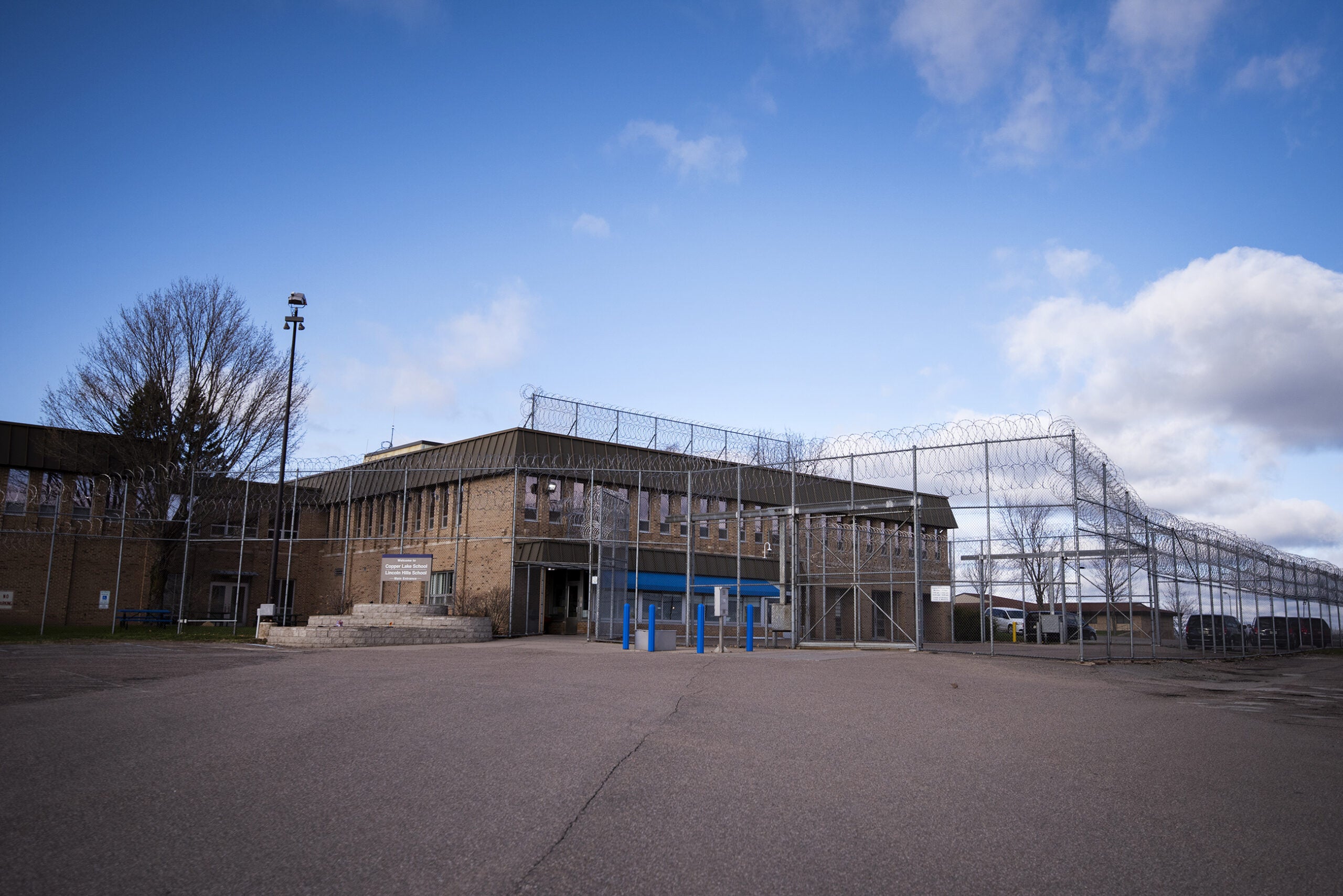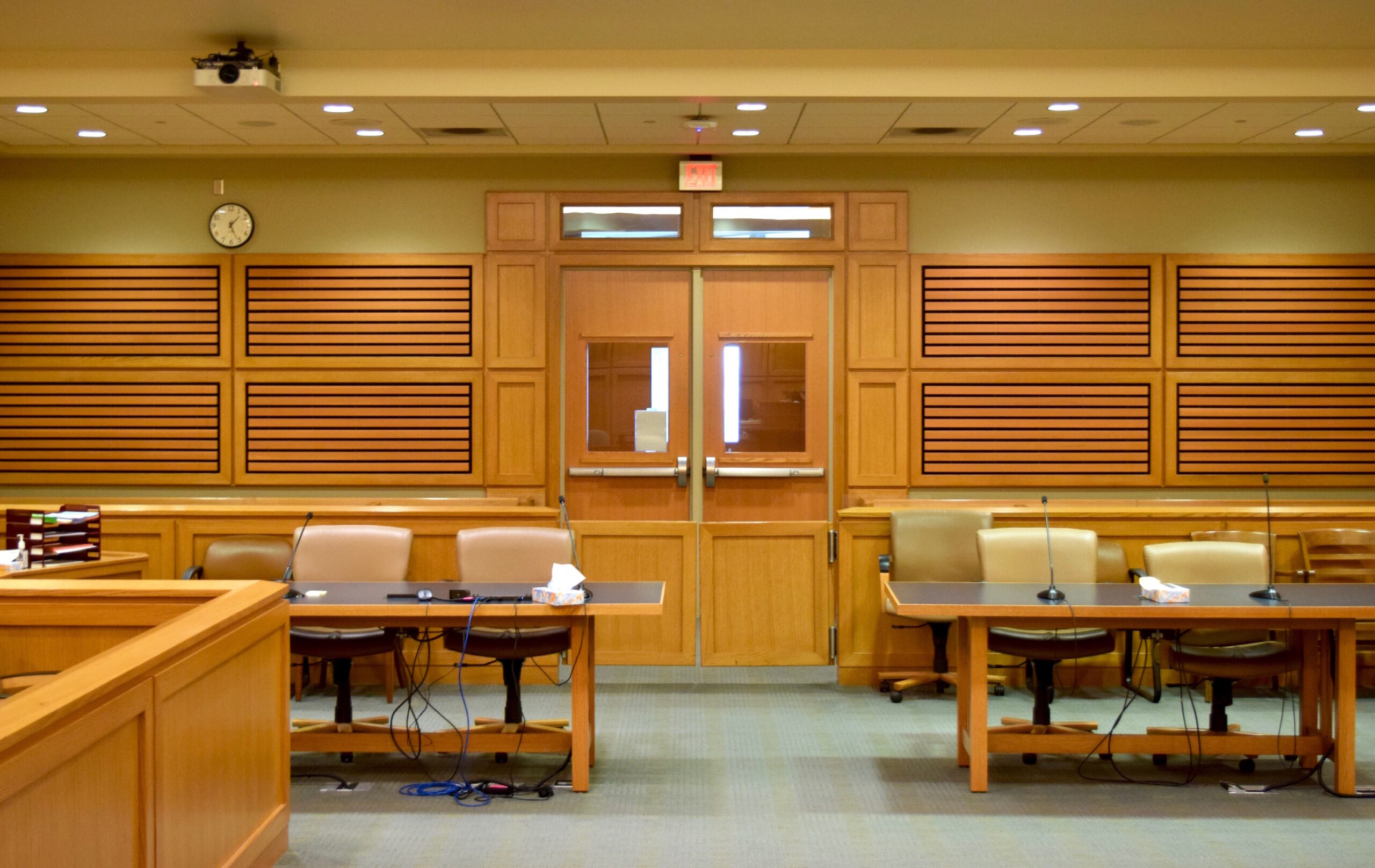When Calvoun Marlow was just 10 years old, he and some friends ran into trouble with the Milwaukee Police for an incident involving a car. A self-described “knucklehead,” Marlow said “my friends showed me a bad way to make,” but he managed to stay out of the criminal justice system with the help of the community group, Running Rebels.
Now 21 with a job and two kids of his own, Marlow appeared alongside Gov. Tony Evers at an event Tuesday at Running Rebels meant to highlight the governor’s plans to overhaul the way the criminal justice system treats young people.
Evers proposed state budget includes measures to change the age when someone can be waived into adult court from 17 to 18 and to increase the age of delinquency from 10 to 12.
Stay informed on the latest news
Sign up for WPR’s email newsletter.
Wisconsin is one of three states that automatically treats 17-year-olds as adults in criminal cases.
“It’s time for the Legislature to embrace common sense, evidence-based justice reforms, just as red and blue states all across our country have already done it, and we can do it too,” Evers said during the event. “So we can do the right thing for our kids, and keep them out of the juvenile justice system, right from the very beginning.”
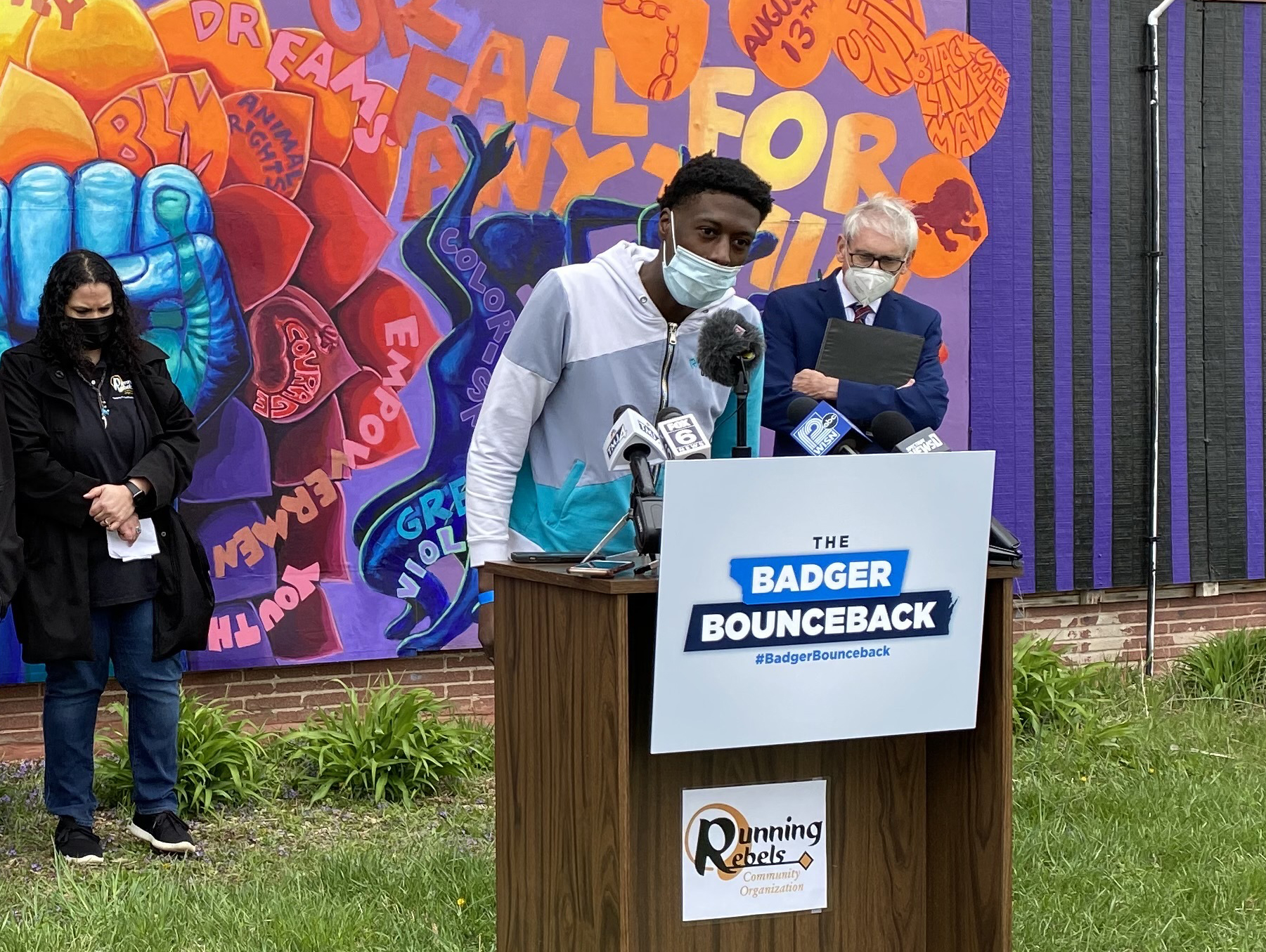
Victor Barnett, executive director of Running Rebels, said he works with hundreds of young people, like Marlow, who have gotten into trouble. Barnett said keeping youth out of the criminal justice system gives them a second chance.
“Young people are young people. They make mistakes and deserve another chance to get it right,” Barnett said. “Like (Marlow) stated, the mentors in his life support him to make better decisions. He’ll turn out to be a productive member of society. Not just be thrown away.”
Milwaukee Circuit Judge Milton Childs said when he was a criminal defense attorney in children’s court, he loved when his clients would become associated with groups like Running Rebels, rather than going directly into the system.
Criminal justice practices in the 1990s and early 2000s, Childs said, led incarceration rates for juveniles and adults in Wisconsin to be higher than any other state in the country.
“Everyone would agree, something needs to be done differently,” Childs said. “Things in the past did not work out like we hoped they would.”
But as the Legislature’s finance committee gets set to begin reviewing the budget proposal, the reforms the governor and others are calling for face steep odds. GOP lawmakers who control the Legislature have already signaled they don’t plan to pass many of the juvenile justice proposals.
Wisconsin Public Radio, © Copyright 2025, Board of Regents of the University of Wisconsin System and Wisconsin Educational Communications Board.
